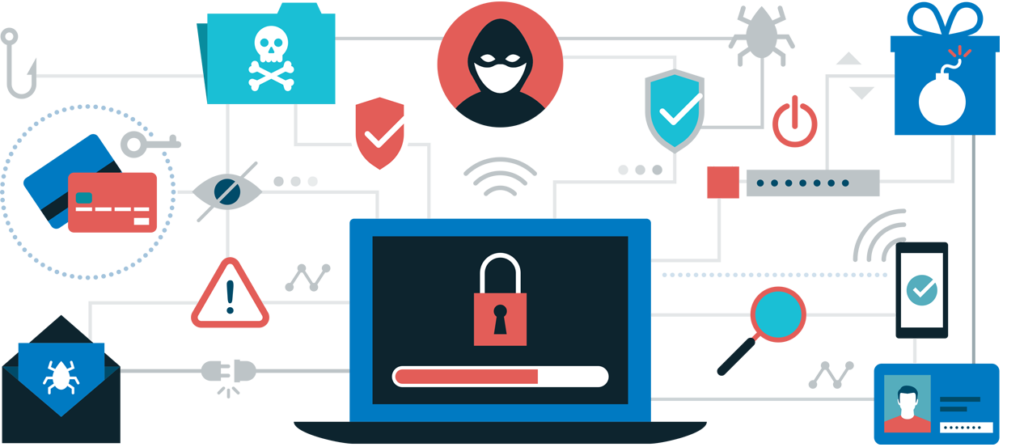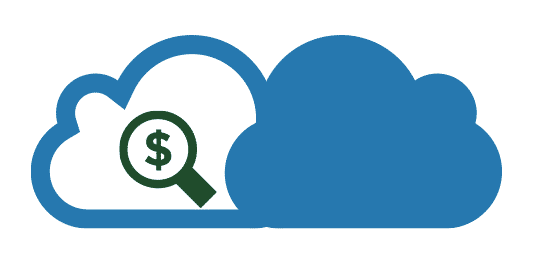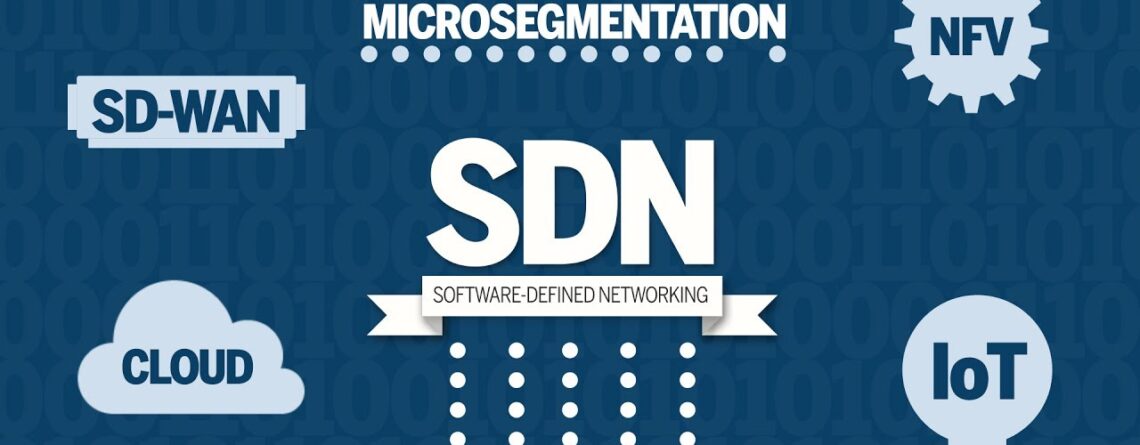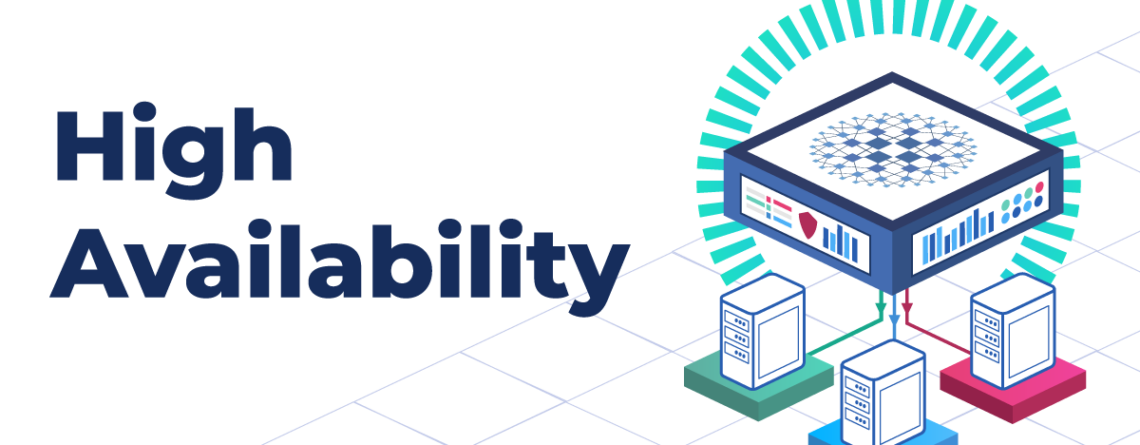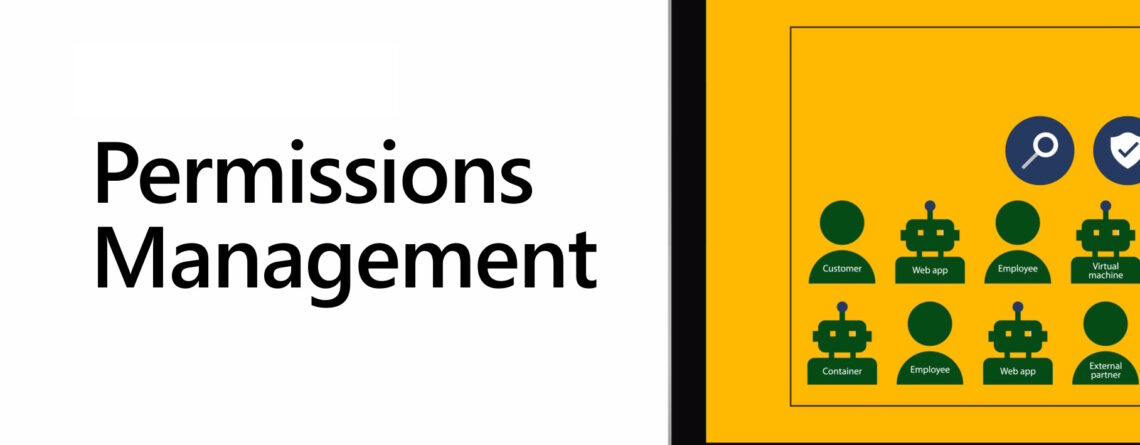Software-defined Data Centers (SDDCs): Exploring the Benefits
Businesses are constantly seeking ways to streamline operations and improve efficiency. Software-Defined Data Centers (SSDC) have been gaining significant traction. Understanding SDDCs An SDDC is a data center where all infrastructure is virtualized and delivered as a service. The three core components - compute, storage, and networking - are all controlled by software rather than hardware. This shift from hardware to software has revolutionized the way data centers operate, offering unprecedented flexibility and control. 1. Enhanced Flexibility One of the key benefits of [...]


